Alfalfa Leaf
$4.50
Alfalfa leaf is an herb. also called lucerne or purple medic, is perennial and cloverlike. green superfood. vital, natural vitamins and minerals. Buy it at an affordable price at the natural foods store in the USA – Alive Herbals.
Free shipping on all orders
Product Name: Alfalfa Leaf.
Botanical Name: Medicago sativa.
Also Known as: Alfalfa, also known as lucerne or Medicago sativa.
Country of Origin: Originally from Egypt / USA.
Product Style: Whole.
Taste & Aroma: Alfalfa greens have a mild flavor that is a little sweet and not at all bitter.
Storage: The best way to store them is in a cool, dark place with a lid that keeps out air.
Shelf Life: In general, there is generally a 2-3 years validity after production.
Uses: Most of the time, alfalfa is grown to feed livestock. People often eat it as a garnish, and it seems to stop the stomach from taking in cholesterol. People use alfalfa for high cholesterol, diabetes, indigestion, and many other problems, but there is no good scientific evidence to support these uses.
Substitutes: No specific.
Interesting Fact: Alfalfa is a type of plant called legume. It helps keep the soil healthy by taking nitrogen from the air and putting it in the soil.
Alfalfa herb benefits:
Alfalfa has been shown to help lower cholesterol, and it may also help manage blood sugar and relieve menopause symptoms. People also take it because it has nutrients like vitamin K, copper, folate, and magnesium. It also has antioxidants.
Alfalfa has very few calories as well.
◉ Alfalfa May Lower Risk of Certain Diseases.
◉ It Can Help Lower Cholesterol.
◉ It May Steady Blood Sugar.
◉ Getting rid of “bad” LDL cholesterol can make you less likely to get heart disease.
An Alfalfa history.
Alfalfa leaf is known for being good for you. This flowering plant comes from the pea family and is grown all over the world. In American folk herbalism, Medicago sativa has been used as a health tonic, as food in India, and as a digestive aid in Traditional Chinese Medicine (TCM). Organic alfalfa leaves from our farm can be made into alfalfa tea, added to herbal vinegar, or used in soups and stews.
Alfalfa is often used to feed animals, but it has a long history of being used for many other things as well. It has been used as a health tonic in traditional American folk medicine. The dried alfalfa leaf is often sold as an herbal tea, tablet, or powder in herb shops and health food stores. People often sprout the seed and put it in salads or on sandwiches.
Alfalfa has flowers that look like beans and range in color from purple to yellow. It also has leaves that look like clover and a deep tap root. Some sources say that taproots that went down 68 feet into the ground have been found.
Alfalfa is native to southwest Asia, and wild species can be found in the Caucasus, as well as in mountainous areas of Afghanistan and Iran. It is grown all over the world and is especially popular in the United States.
Early colonists were the first people to grow alfalfa in the United States, but it wasn’t widely grown across the country until the California Gold Rush. Alfalfa makes hay that is full of nutrients and is thought to be the best plant for dairy cows to eat.
It is fed to chickens and rabbits and is also used in gardening and farming on a large scale. Like many legumes, it is a “nitrogen fixer.” Alfalfa not only gives people healthy nutrients, but it also helps to “heal” soil and is a good “green manure” for giving nutrients to the soil that needs them.
Alfalfa was first used in TCM around 200 CE, during the Han Dynasty. It was used to help the digestive system and to make people hungry. Alfalfa was loved for its ability to calm and strengthen. It became available to Native Americans in the 1850s, and they used it as part of their healing system.
They called it “Buffalo grass.” They made flour from the seeds to use in gruels and bread, and they also ate the young leaves and shoots. In India, alfalfa seeds have been used as a cooling poultice that is put on the skin. The chlorophyll in the leaves comes from the leaves, and the seeds are used to make a yellow dye. Young alfalfa leaves have been used as a vegetable in some parts of China and Russia.
This info is provided for educational purposes only; it has not been approved by the Food and Drug Administration (FDA). This information is not indicated for diagnosing, treating, curing, or preventing any illness.
Consult a doctor before using natural spices, and herbal products if you’re pregnant, breastfeeding, or on drugs.
Related products
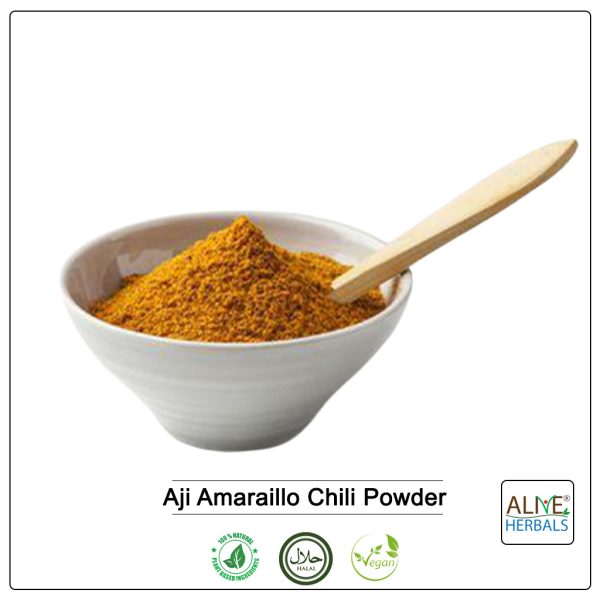
Aji Amarillo Powder
$4.50
Allspice Whole
$4.50 – $14.95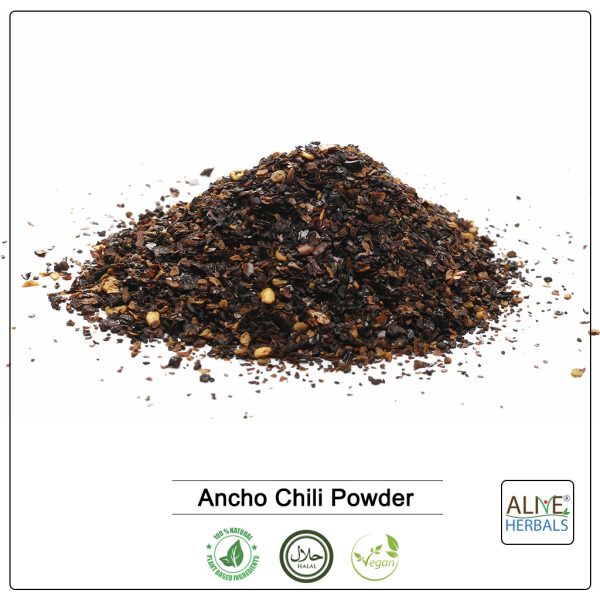
Ancho Chile Powder
$4.50 – $9.75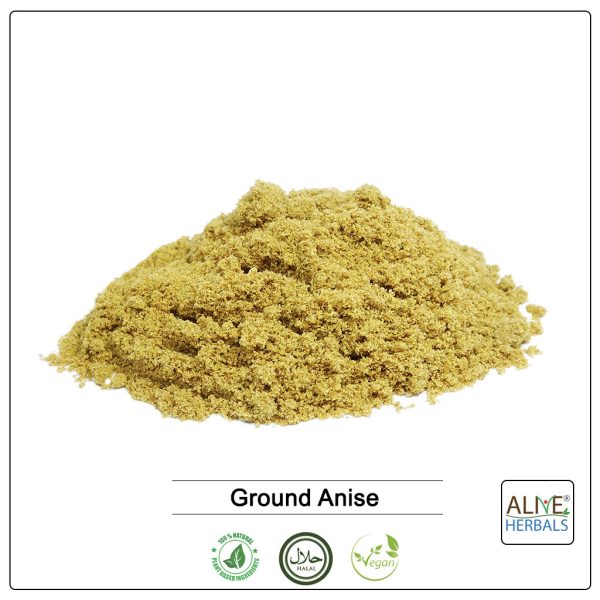
Anise Seed Ground
$4.50 – $7.50
Anise Seed Whole
$4.50 – $9.95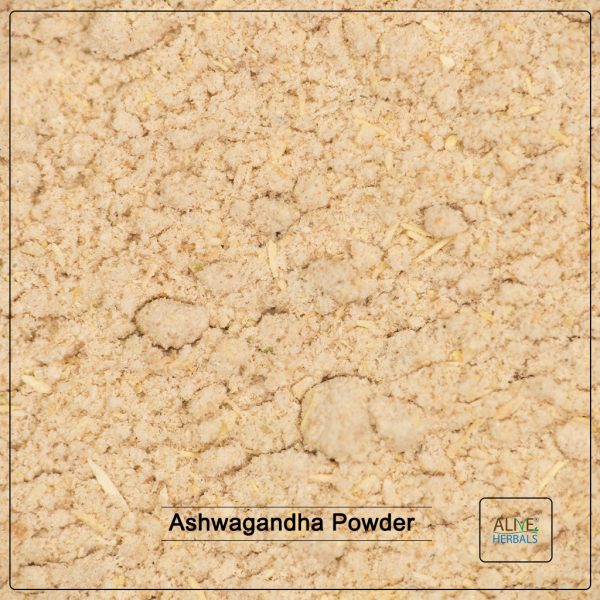
Ashwagandha Powder
$4.95 – $15.95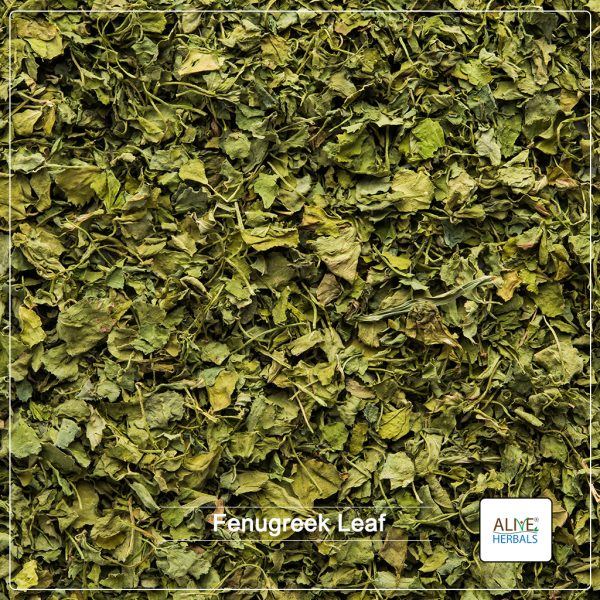
Fenugreek Leaf
$3.50 – $5.59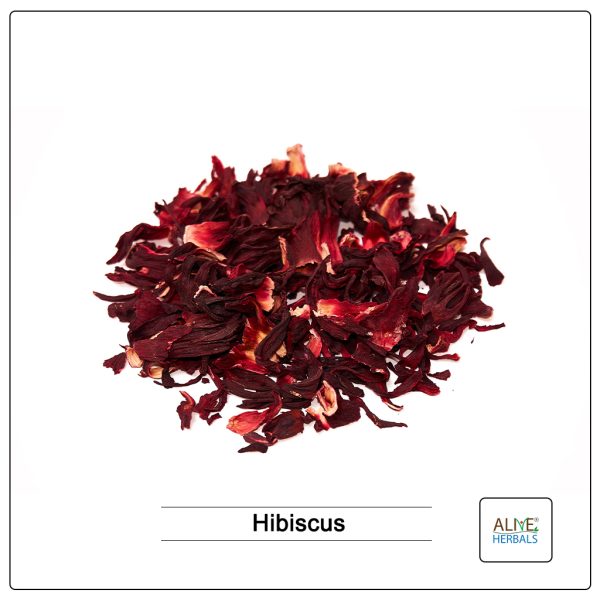
Hibiscus Tea
$3.75 – $12.75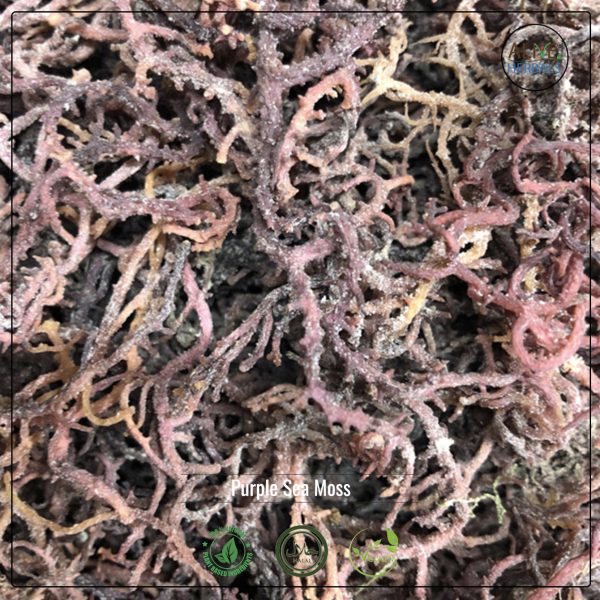
Purple Sea Moss
$15.99 – $43.10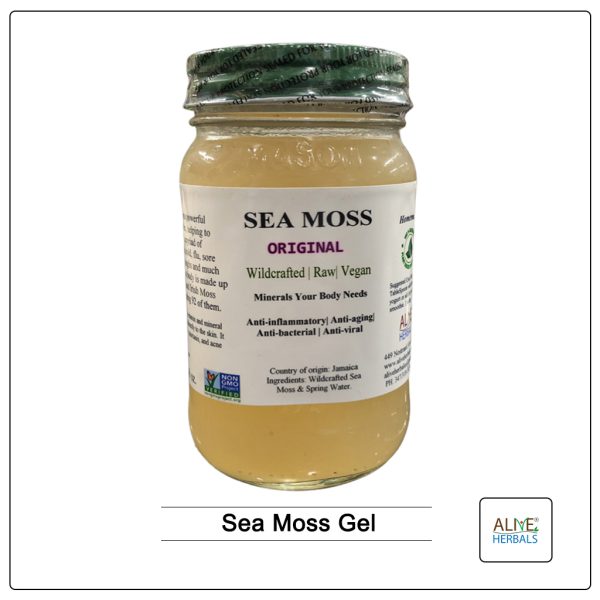
Sea Moss Gel
$22.00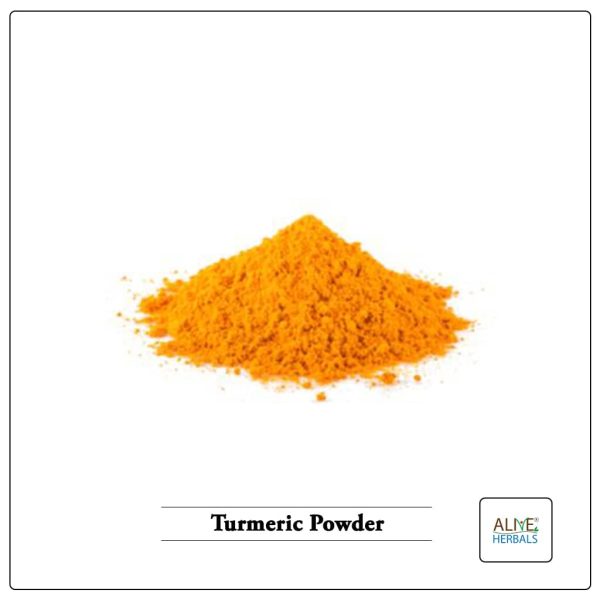
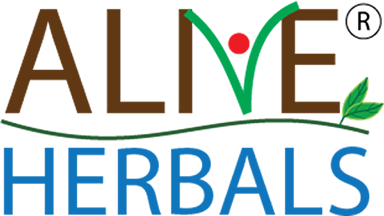
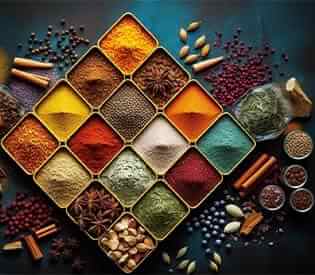
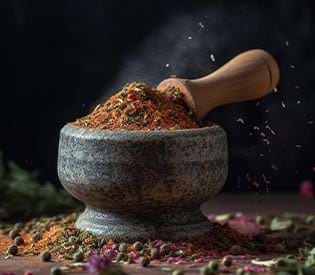
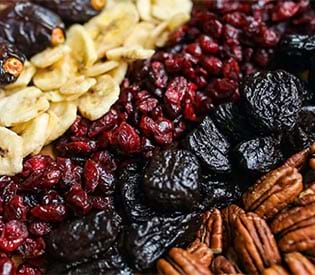
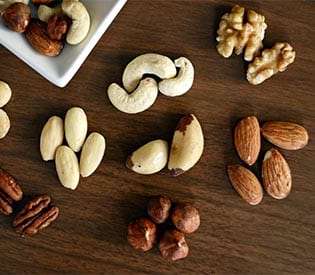
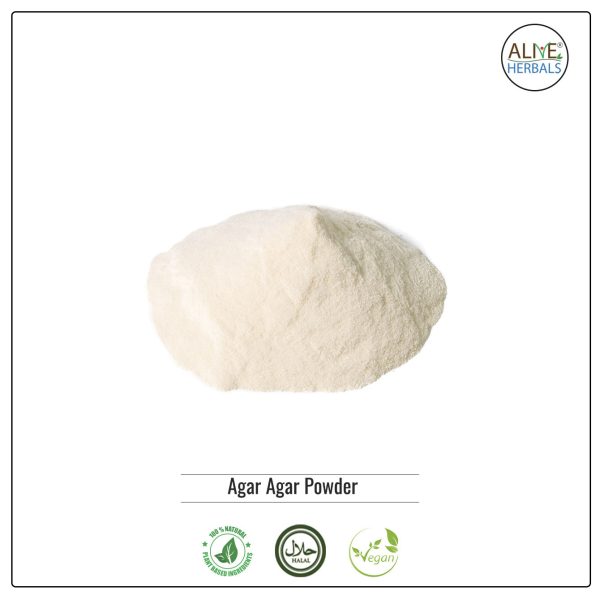

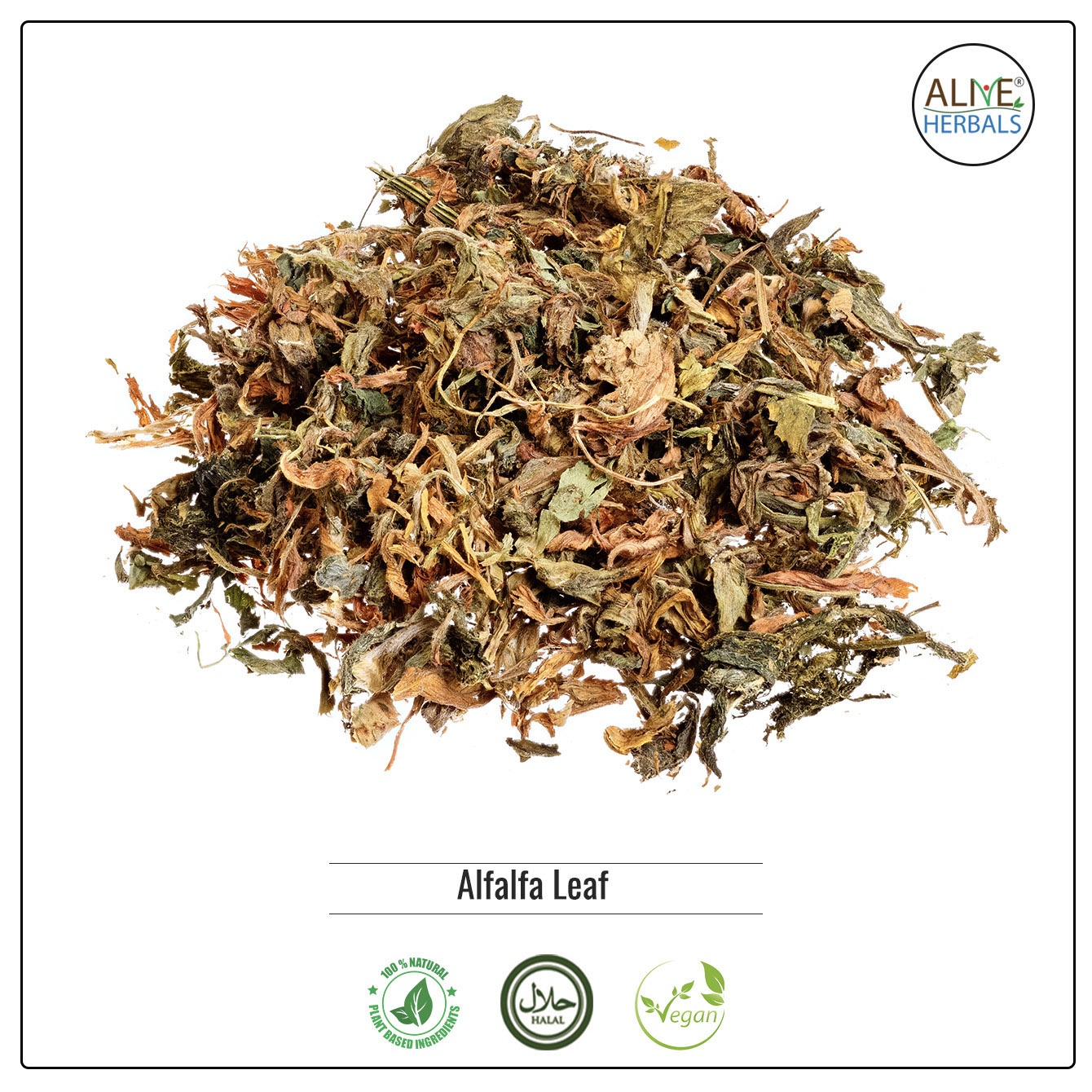
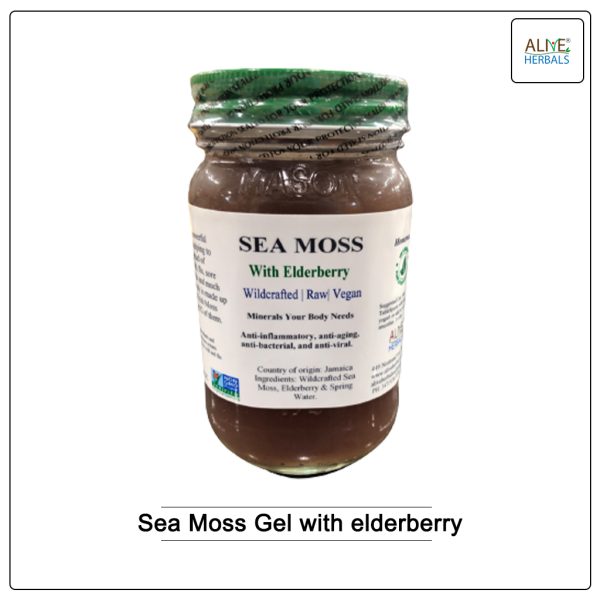
Reviews
There are no reviews yet.